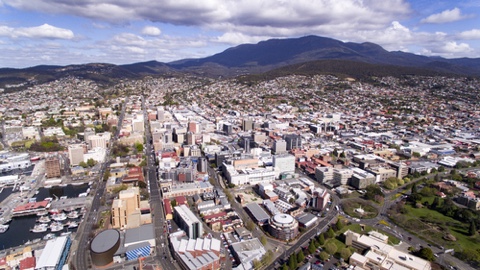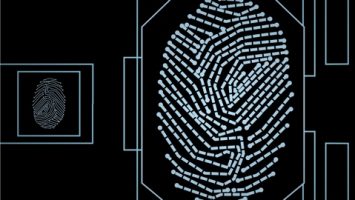
The city of Launceston, Tasmania, is the first in Australia to introduce an Internet of Things (IoT) low power, wide area network (LPWAN). The system is expected to enable smart, innovative applications involving real-time transportation monitoring, inventory control and healthcare, as well other IoT applications. The deployment is a collaborative effort among the University of Tasmania’s Sense-T, Definium Technologies and CSIRO’s Data 61.
“This LoRaWAN network will stimulate IoT innovation and business opportunities locally, at first, and then regionally, as the project expands,” said Hon. Michael Ferguson MP, minister for information technology and innovation at Definium Technologies. “The range of applications for LoRaWAN networks is extensive, and we are excited to help lay the groundwork to bring IoT to Australia.”
$100,000 AUS has been committed by the Tasmanian State Government, allowing Definium Technologies to manufacture network gateways and sensors that are compatible with the LoRaWAN specification used by Semtech, a member of the LoRa Alliance.
Marc Pegulu, VP and GM of Semtech’s wireless and sensing products group, added: “This ground-breaking project adds Australia to the list of forward-thinking countries developing smart network infrastructures based on the LoRa technology to help streamline day-to-day processes and elevate business decisions, environmental conservation, public infrastructure, and more. LoRa technology makes large scale network rollouts possible by integrating into existing infrastructure, offering strong connectivity, providing long range communication, and low power operation.”
The city also recently began replacing more than 4,800 street lights with new energy efficient LED lights, saving an estimated 3,848 tonnes of greenhouse gas over the life of the new lights.
The new lights are around 82% more efficient than the existing street lights, have a lifespan of around 20 years, and are designed to produce the same light output.


